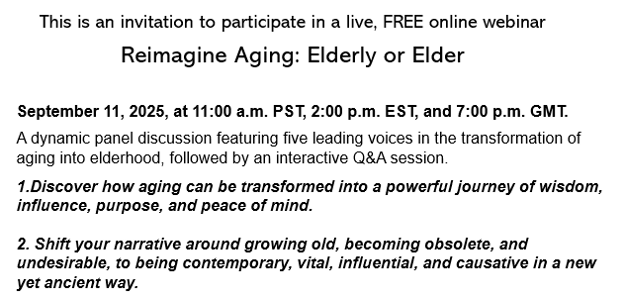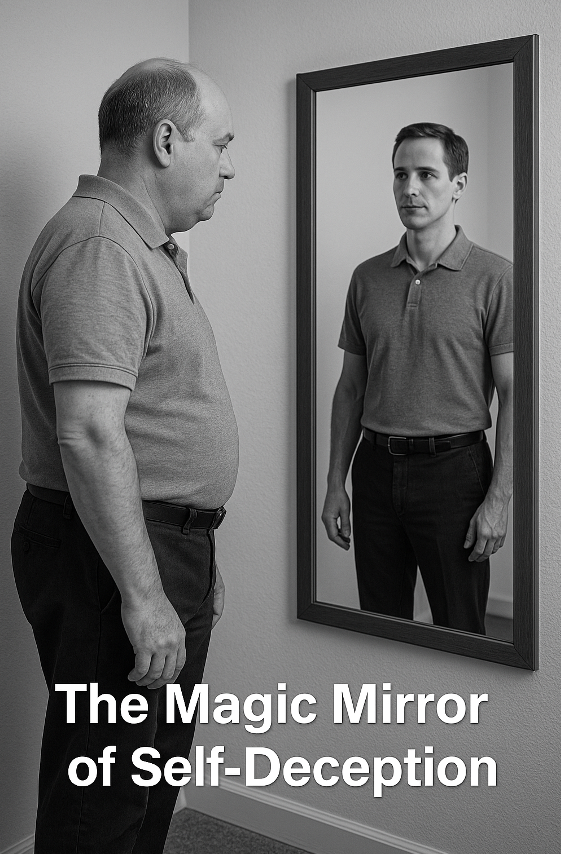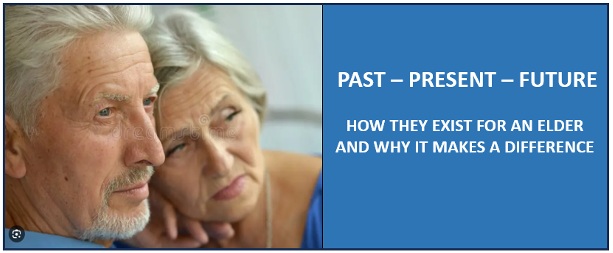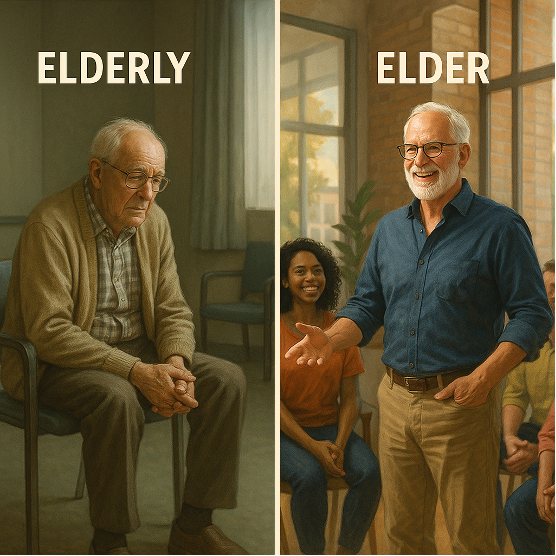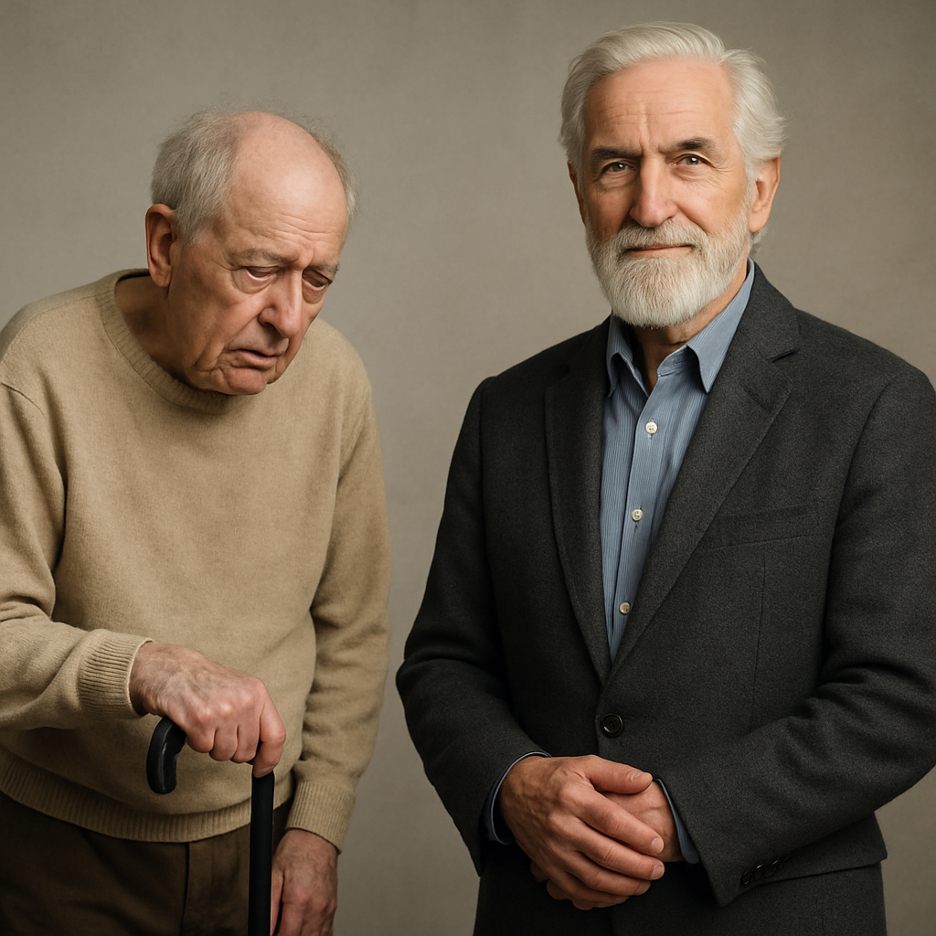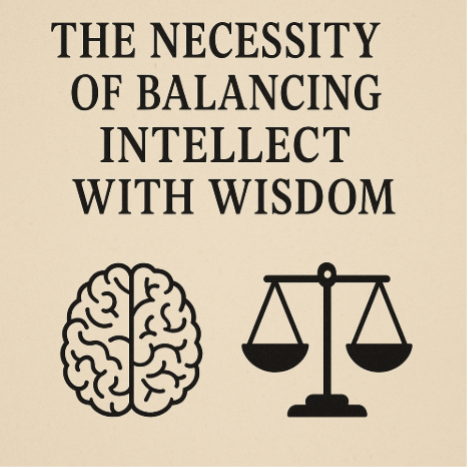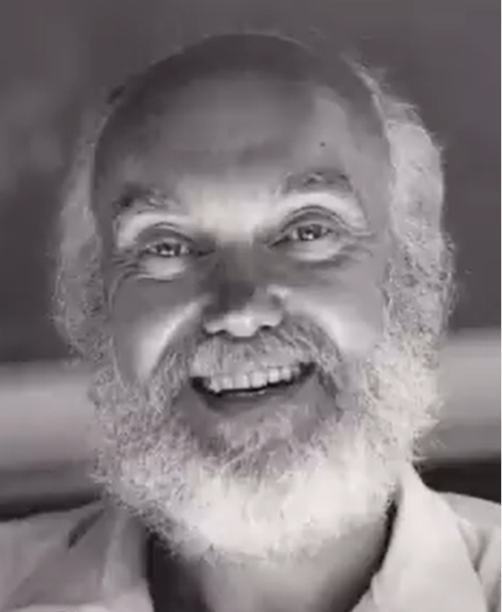ELDER AS A PRACTICE
ELDER AS A PRACTICE
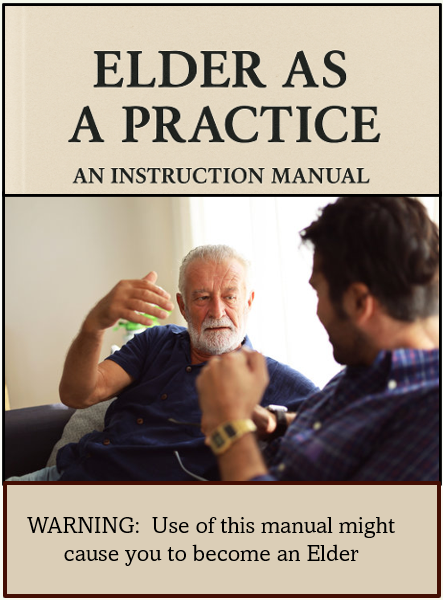
[6-minute read]
ELDER AS A PRACTICE
An Instruction Manual
You've spent decades mastering your profession. But have you considered that becoming an Elder requires the same deliberate practice—and offers rewards far greater than any career achievement?
What Is Practice?
The term practice generally refers to the repeated exercise or performance of an activity or skill to acquire proficiency or mastery.
Malcolm Gladwell's 10,000-Hour Rule, introduced in his book Outliers, proposes that becoming truly proficient—or achieving mastery—in any field requires roughly 10,000 hours of deliberate practice.
Gladwell contends that talent alone isn't enough to explain success; it's the extensive time spent honing a skill, learning from mistakes, and pushing boundaries that leads to actual expertise.
The Gladwell rule emphasizes the importance of consistent, focused effort over time. While it doesn't guarantee automatic success, it underscores the idea that mastery comes through relentless dedication and practice, whether in music, sports, or any other discipline.
But here's what Gladwell didn't tell you: The most profound mastery you can achieve in your lifetime isn't professional—it's personal. In our work, to become and sustain ourselves as Elders, we practice being an Elder.
Why Elders Practice - The Benefits of Being an Elder
What would change in your life if you approached elderhood with the same intentionality you once brought to your career?
The intent of any practice is to cultivate mastery, deepen understanding, and foster growth. It is through consistent engagement that you hone your skills, strengthen resilience, and align with your purpose.
Whether it's spiritual discipline, craft, or personal development, practice is the vehicle that transforms intention into thoughtful, committed action, knowledge into wisdom, and effort into lasting change.
Wisdom
As you develop as an Elder, you'll discover that the accumulation of your life experiences, combined with rigorous self-reflection, enables you to gain profound insight into human nature, behavioral patterns, and the broader world.
This self-understanding provides you with access to a body of knowledge about yourself and others, enabling you to form deep connections to who you really are—and that opens deeper connections with others.
"The clearer we see ourselves, the clearer we see others." —Steve Maraboli
Purpose and Fulfillment
Can you imagine discovering that your greatest purpose was waiting for you in the last third of your life? Elders uncover their Higher Purpose—an "inside job" that shifts focus from personal achievement and public recognition to contributing to the well-being and growth of others.
When you find this purpose, your ego ungrasps, and something far more powerful takes hold.
"The two most important days in your life are the day you are born and the day you find out why." —Mark Twain
Emotional Resilience
You've faced life's challenges—but have you learned to transform them into wisdom? As you develop as an Elder, you'll discover an emotional resilience that becomes your greatest asset in navigating today's chaotic world.
You learn how to move through adversity with grace, acceptance, and calm, fostering a peace of mind that others can feel in your presence.
"Resilience is knowing that you are the only one that has the power and the responsibility to pick yourself up." —Mary Holloway
Clarity and Perspective
When did you last step back far enough to see the whole picture? As an Elder, you possess the ability to see situations from a much broader perspective. You can recognize both the short-term and long-term consequences of actions. This clarity helps you guide yourself and others through turbulent times with equanimity and a steady hand.
"When you change the way you look at things, the things you look at change." —Wayne Dyer
Legacy
What do you want to leave behind that will outlast your physical presence? Becoming an Elder provides you the opportunity to create a meaningful legacy. You're not just thinking about the present, but actively shaping how your actions, wisdom, and values will influence future generations.
"The greatest use of life is to spend it for something that will outlast it." —William James
Empathy and Compassion
Can you recall a moment when someone's wisdom stopped you in your tracks? What made their presence so powerful? Living a life with awareness of both hardship and triumph fosters the kind of empathy that creates sanctuary for others.
You understand and connect with others profoundly because you understand that life comes with suffering. You feel it because you have felt it, and you remember what it felt like.
"Empathy is about finding echoes of another person in yourself." —Mohsin Hamid
Freedom from Ego
Where in your life are you still protecting an ego that no longer serves you? As an Elder, you consciously move beyond ego-driven motivations and actions. You become less concerned with personal accolades and more focused on what serves the greater good, which empowers you to live with a sense of peace and detachment from life's troubles.
"True freedom is the absence of the ego's grip." —Eckhart Tolle "The ego is a veil between humans and God." —Rumi
Mentorship and Influence
You have decades of hard-won wisdom—but are you sharing it? As an Elder, you can shape the next generation by passing on your knowledge, values, and life lessons. This role as mentor not only benefits those you guide but also enhances your sense of worth and connection to the world.
"A mentor is someone who sees more talent and ability within you than you see in yourself and helps bring it out of you." —Bob Proctor
Connection to the Larger Whole
Through spiritual awareness, cultural understanding, and a sense of unity with humanity, you develop a more profound sense of connection to the broader cosmic perspective. This deeper connection fosters a profound sense of belonging—something our isolated culture desperately needs.
"We are like islands in the sea, separate on the surface but connected in the deep." —William James
The Practice of Elder
Pause here. Think of the wisest person you know. What is it about their presence that commands respect? Notice how they listen, how they speak, how they carry themselves. This is what we're cultivating through these practices:
Self-Reflection
When did you last honestly examine not just what you think, but why you think it? Regularly examining your thoughts, actions, and experiences is what allows you to cultivate wisdom. It's about being honest with yourself, eliminating self-deception, understanding your past, and using that insight to guide your future choices.
Embracing Vulnerability
Are you still hiding behind the professional armor that once protected you? Being vulnerable allows you to connect with others on a deeper level, providing a safe space for others to do the same.
The kind of vulnerability Elders possess is not softness or weakness—it's a courageous act of independence in which you're afraid to be yourself but still
do it anyway. You don't hold back who you are.
Living with Purpose
You lived intentionally in your career—but are you living intentionally now? Elders are keenly aware of their values and align their actions with them.
Along with self-reflection, this opens the door to your higher purpose, which gives direction and meaning to life, especially in these later years.
Service to Others
How might your life change if you made it more about others than yourself? Elders contribute, offering their time, wisdom, and resources to help others grow. The act of serving others cultivates humility and ensures that your legacy lives on. When you make it more about others rather than yourself, you discover you are happier and more empowered.
Mindfulness and Presence
When was the last time you were completely present in a conversation—not planning your response, not distracted by your phone, but fully there?
Being present in the moment—whether alone, in conversation, or in action—helps you maintain clarity and calm.
This mindfulness allows you to be fully engaged in life, rather than being distracted or overwhelmed by it. Find your own best path to mindfulness, whether through meditation, spending time in nature, journaling, or simply pausing to take a deep breath in moments of stress.
Continual Learning
What have you learned that surprised you this month? Elders never stop learning. Whether through reading, listening to podcasts, watching online videos, engaging in new experiences, or seeking out different perspectives, you remain curious and open-minded.
Self-Care
Can you sustain wisdom without sustaining the vessel that carries it? To maintain elderhood, you must understand it's essential to care for both body and mind. Regular exercise, balanced nutrition, mental challenges, and emotional care such as meditation, therapy, and self-reflection become your daily practices.
Forgiveness and Letting Go
What grudges are you still carrying that serve no one—including yourself? A key aspect of sustaining elderhood is learning to release grudges, regrets, and negative emotions. This process of forgiveness frees up emotional energy, allowing for greater peace and clarity.
You understand that genuine forgiveness is a transformative act. To truly forgive, you need to change who you have been.
Gratitude and Acceptance
Can you find gratitude even for the experiences that wounded you? You cultivate gratitude for life's experiences, both positive and negative. Acceptance of the inevitability of aging and death brings you a calm acceptance of life's cycles, helping you embrace your role in the greater flow of existence.
These practices aren't just concepts to consider—they're a path to walk. They allow you to not only transition into elderhood but also to maintain and deepen your wisdom, presence, and impact over time.
Which of these Elder practices calls to you most strongly right now? Where will you begin your 10,000 hours of conscious elderhood?
--------
MARK YOUR CALENDAR – TIME TO REIMAGINE

